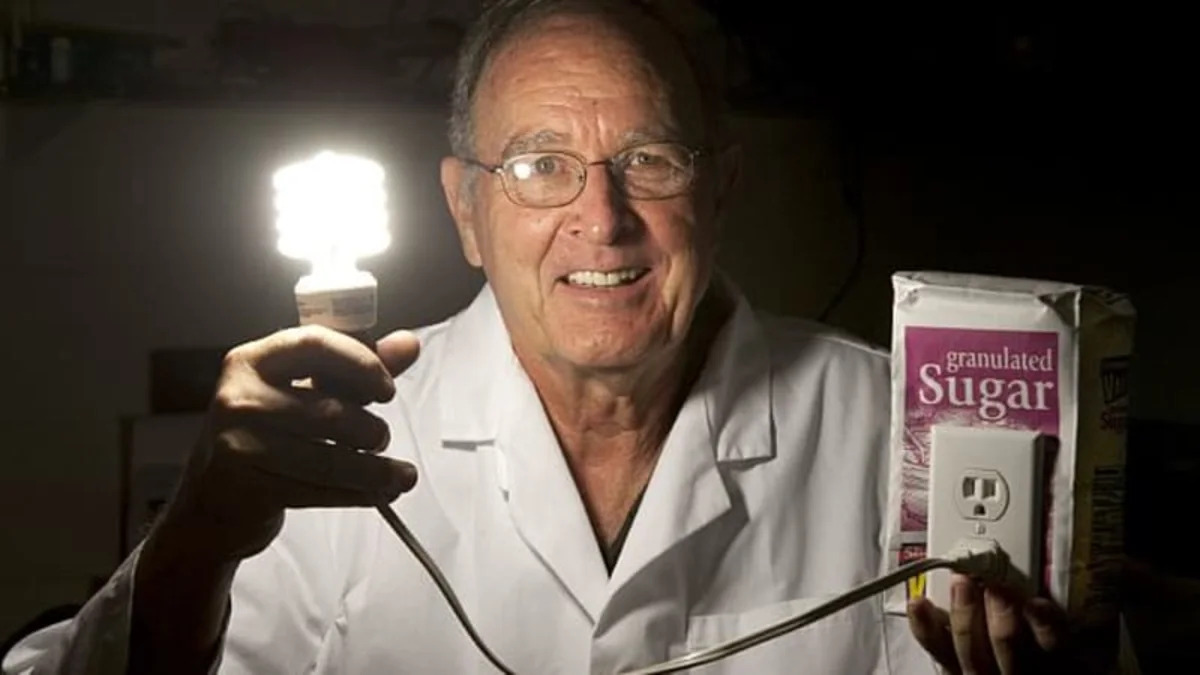When it comes to sugar and cars, there's a type of cellulosic ethanol made from sugarcane, much of which is produced in Brazil. However, researchers at Brigham Young University (BYU) have developed a catalyst that breaks glucose molecules in such a way that electrons, and therefore electricity, can be obtained. This research means there is the possibility of a "sweet" type of fuel cell. The catalyst was obtained from a herbicide that helps break the sugar down and liberates electrons. The process has a 29 percent conversion rate, meaning that 7 of the 24 available electrons per glucose molecule are transferred. According to BYU, the process could be good enough to power cars using cheaper components than hydrogen fuel cells: sugar and this herbicide aren't expensive at all and are surely quite earth-friendly. Hat tip to Ray!
[Source: BYU]
[Source: BYU]


Sign in to post
Please sign in to leave a comment.
Continue